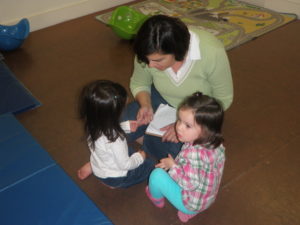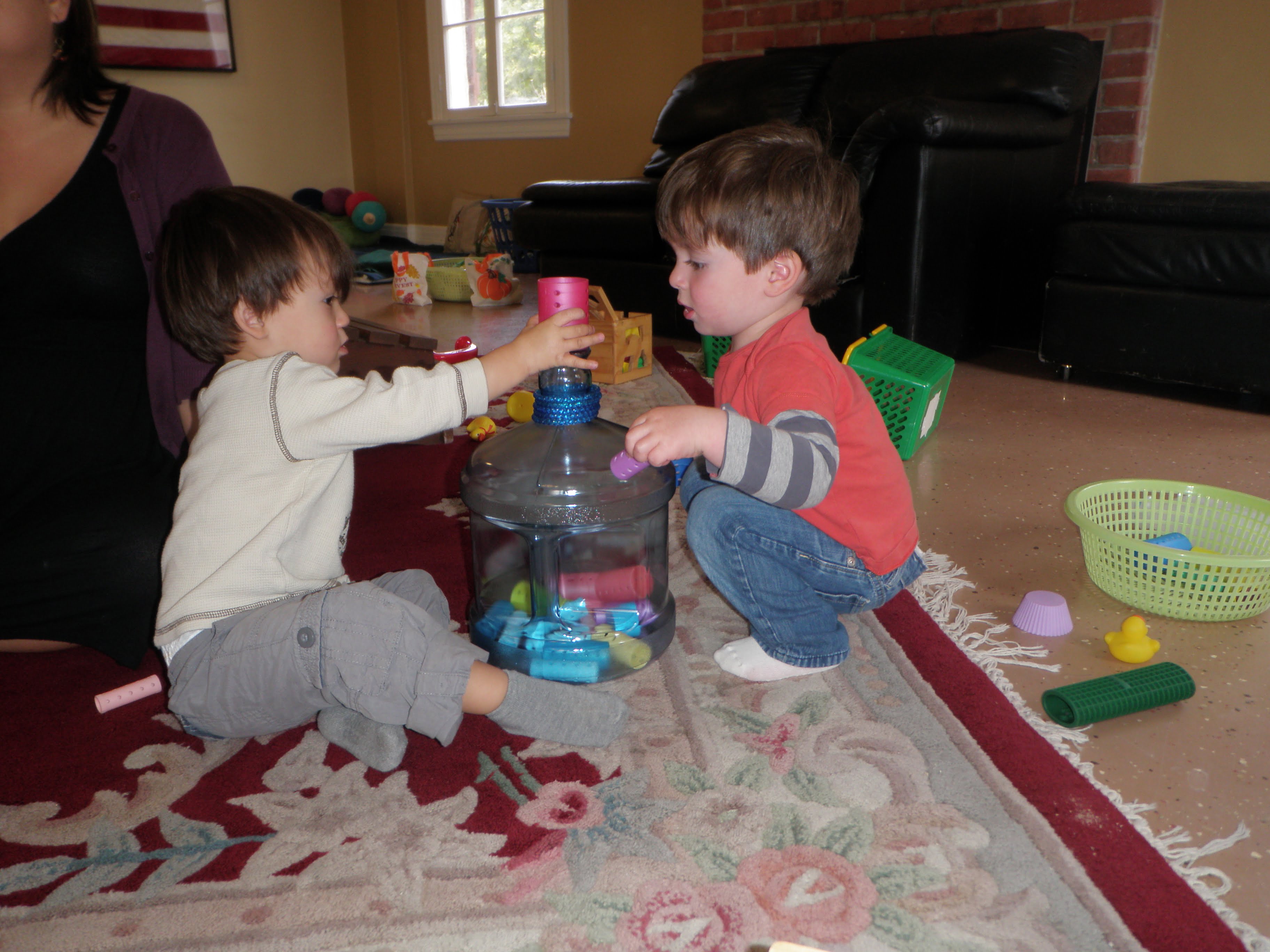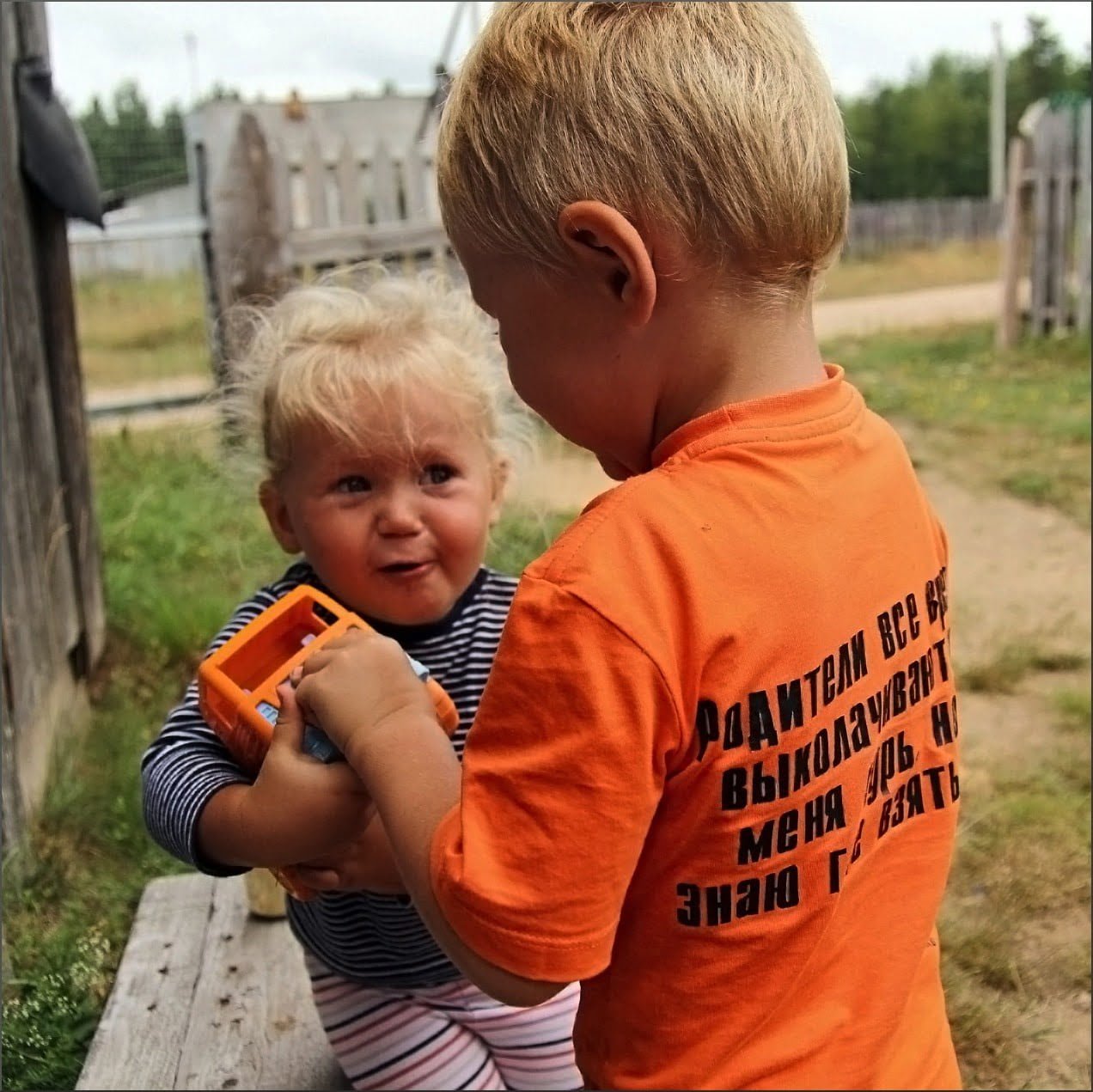Limit setting and discipline are two topics that are frequently discussed by parents in our RIE parenting classes.
Today’s class provided a valuable opportunity to demonstrate how we can approach limit setting with respect, all while nurturing a child’s natural curiosity. Two young explorers, Finny and Jimmy, both 18 months old, eagerly approached me when they noticed I had something new – a clipboard with sheets of paper. To them, this was an intriguing item worthy of exploration.
Young children are remarkably observant; they spot the novel object immediately. Additionally, I believe they want a connection with me, so they came over. Finny was the first to come forward. She spent a considerable amount of time examining the papers and the clipboard. I calmly described what I observed without letting go of the item, saying, “Yes, that’s my paper and a clipboard.” I paused. As Finny continued to show interest, I offered another observation, “There’s writing on the paper. You’re curious.” When Finny lightly tugged at the paper, I gently stated, “I’m going to hold onto this. I see you want it,” pausing to allow processing time, “and I’m keeping it for now.” She watched me intently, still trying to acquire the paper but also listening. I added, “I need this paper and pen to make notes.” Finny stopped pulling on the paper and continued observing what I was doing.
Next, Jimmy approached, and a similar scenario unfolded, although he was more intrigued by my pen. I informed him that it was my pen for writing and that I intended to hold on to it. Pausing to observe his reaction, I remarked, “It seems like you’re interested in my pen.” Jimmy looked between his sister and me, processing the information I provided: I had the pen, it was indeed a pen, and I was using it. He stopped attempting to take the pen and watched me closely. I then offered, “You can touch the pen and check it out while I hold it if you’d like.” Jimmy touched the pen, and after a brief moment, he decided to move on.
In similar situations where a child desires something you’re unwilling to share or let go of, you can send a message of understanding, valuing their curiosity, while also establishing clear boundaries.
Be positive about your child’s intention to explore and clear about your limits:
- State what you see. “I see you are interested in my pen.” Show with your tone of voice that you are interested and positive about the child’s intention to explore. While you are making the statement – gives you a minute to evaluate the situation: is it going to be a limit or are you willing to give the item to the child to explore?
- State: “I will not let you…” or “I don’t want you to …..” or “I am not ok with ….” Or “I’m not done…” Show with your body language and follow through. Remain calm. Be consistent and confident.
It is important to send our children a message of confidence when we set limits. It helps children to feel secure. - Give a simple and short explanation of why you are not willing to give an item to the child. “I need this pen for writing.”
Think what is the need for Jimmy and Finny to reach for the clipboard and the pen?
- Is it a ‘need’ for connection? – Should I stop what I am doing and connect with my child now or should I tell him when I will be available?
- Is it a ‘need’ for discovery? – Should I add crayons and paper to my child’s environment?
- Is it a ‘need’ to assert himself? — Should I provide more choices when possible? (Asking a child do they want to draw or read? Do you want a red or blue cup? etc.)
Let me know if you need more information about RIE® Parent-Infant Guidance™ Classes.
Wishing you all the best in this difficult yet exciting journey of parenting!
Warmly,
Teacher Kira















